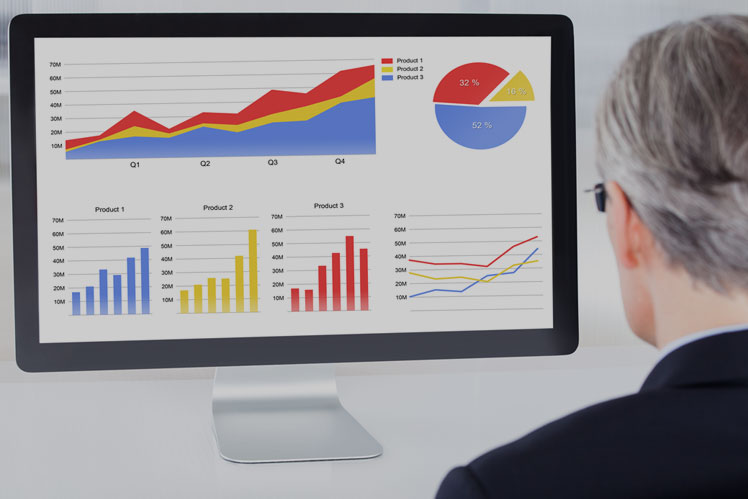Brent and Darlene really enjoy their ‘toys’ and their lifestyle. In the last few years, they bought themselves a big screen TV, a stereo system, two expensive new vehicles, a ski boat and took a tropical vacation, mostly on credit. They also used their credit cards to pay for numerous restaurant meals, theatre tickets, hockey games and other expensive outside entertainment. It wasn’t long before they were carrying a balance from month to month. The credit charges and payments quickly became a burden.
They received their quarterly RRSP statements and were pleased to see that, thanks to their regular monthly contributions, they had accumulated a tidy sum. But because they felt crushed by their credit card debt they considered cashing in their RRSPs to pay it off.
To see if this made sense, they made the following calculations:
- $642 monthly for five years is needed just to pay off their present $25,000 of credit card debt, assuming no new purchases. The interest rate on it is 18.5%, so $13,520 of their total payments goes entirely to interest. Any further purchases on their card accumulate interest charges as soon as they are added to the bill. They don’t intend to run up their credit card bills any further.
- Moving their debt to a low-interest credit card can cut their rate to about 10.5% and then their payment for five years would be $537 per month. The total interest over the five years would then be $7,220, but this card has a $29 annual fee, which brings the five-year total cost to $7,365.
- Consolidating their debts with a 5.25% bank loan requires only $474 monthly for five years. This reduces their total interest cost to just $3,320 and keeps their tax-sheltered RRSP funds intact.
- The RRSP alternative is the most expensive, because to net $25,000 after taxes from it, they have to withdraw about $45,000. They would then lose out on the tax-sheltered growth of their money. Assuming 7% compounded annually, their present $45,000 grows to about $244,000 in 25 years. That could then provide income of about $14,000 a year for the next 25 years. And this assumes no further contributions!
Excessive debt is the biggest stumbling block between most people and their financial success. It is difficult to avoid spending excessively when hundreds of billions of dollars are spent annually on clever advertising designed to persuade us to blow our hard earned money on things we don’t really need to impress people we don’t really like.
Brent and Darlene had their eyes opened to the enormous cost of their spending and debt habits. They have cut up their credit cards and save more money regularly to pay for future major purchases with cash. And they have also reduced their restaurant meals and outside entertainment. Their plan is to go from living beyond their means to living below their means so they can accumulate more money for their future with less stress.
Want to see how your savings can grow?
Contact our office today !
Copyright © 2019 AdvisorNet Communications Inc. All rights reserved. This article is provided for informational purposes only and is not intended to provide specific financial advice. It is strongly recommended that the reader seek qualified professional advice before making any financial decisions based on anything discussed in this article. This article is not to be copied or republished in any format for any reason without the written permission of AdvisorNet Communications. The publisher does not guarantee the accuracy of the information and is not liable in any way for any error or omission. The calculator is for illustrative purposes only and should not be relied upon, as an accurate indication of your financial retirement needs. As each individual’s situation is different and changes over time, the results are limited by the accuracy of the assumptions you make in providing the information used in the calculation. We do not guarantee that this calculator is reliable, accurate or complete or that it will be compatible with your computer. The rate of return is used only to illustrate the effects of compound growth and is not intended to reflect future value of the mutual fund or returns on investment in the mutual fund.








